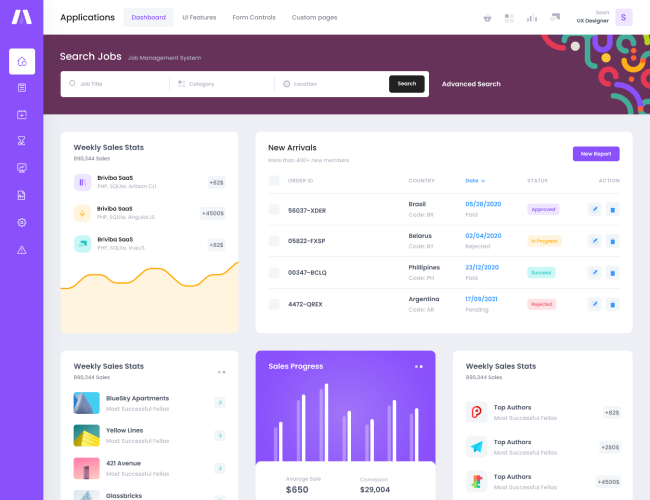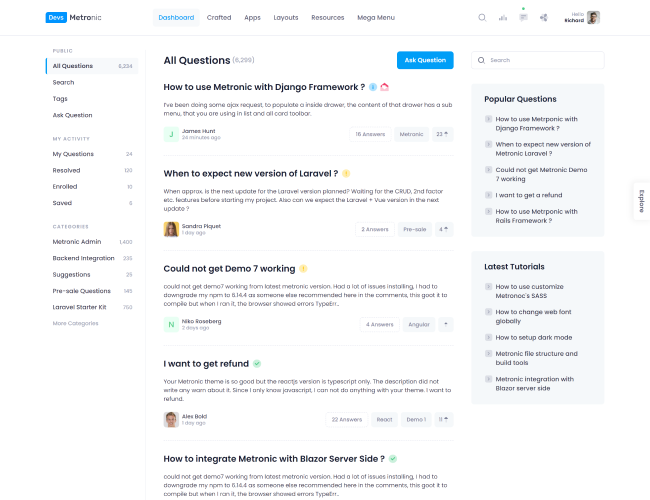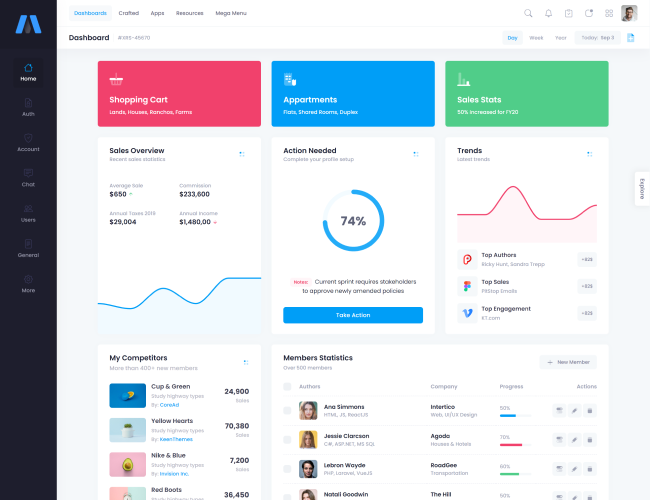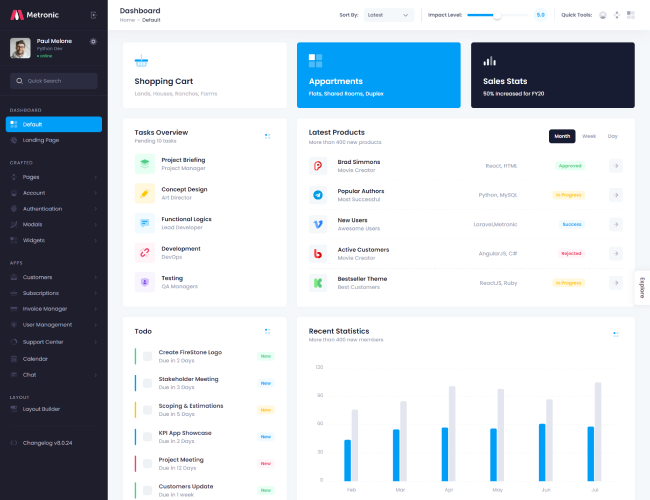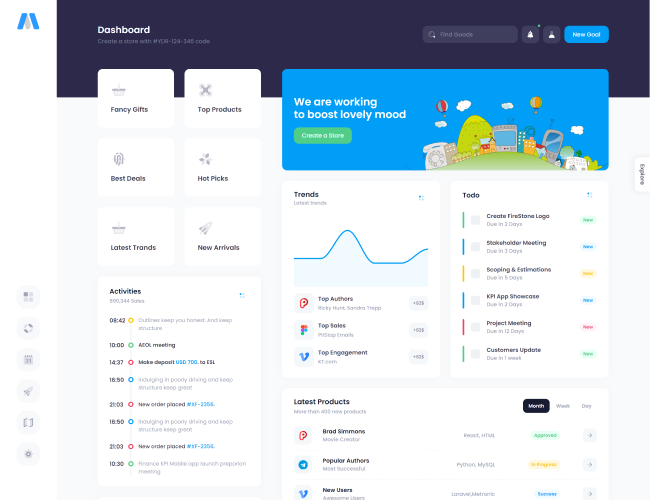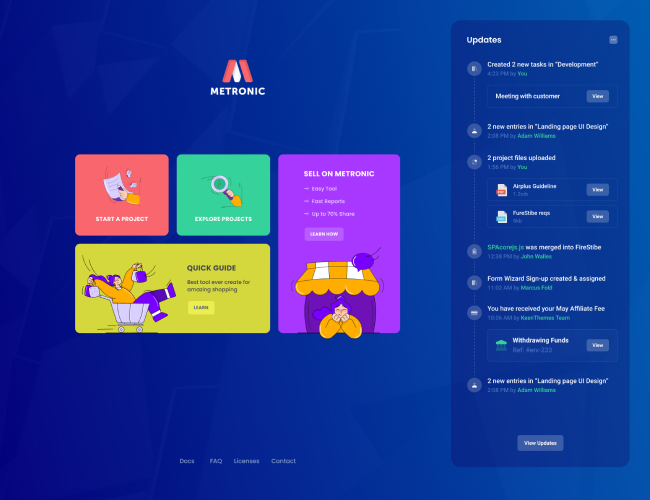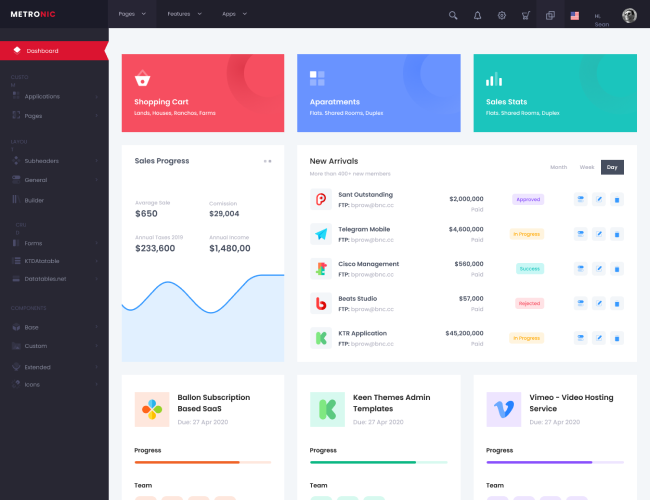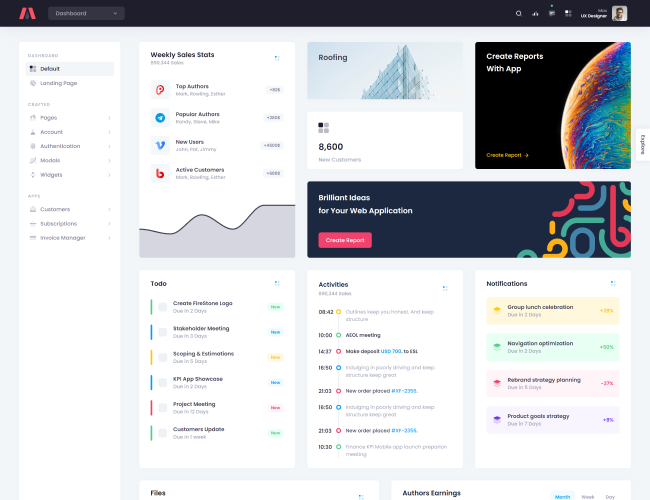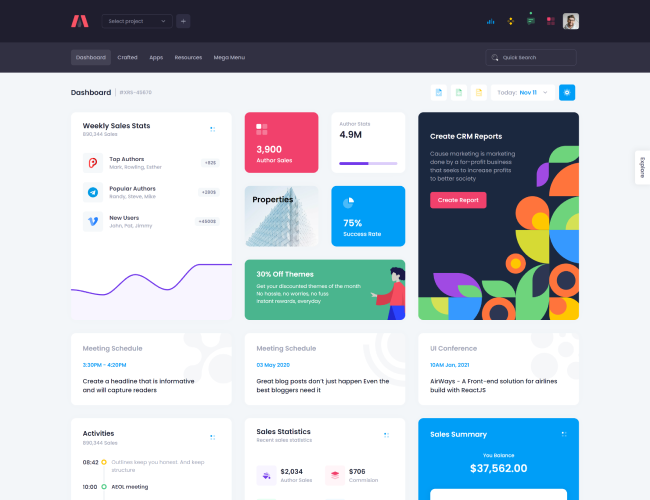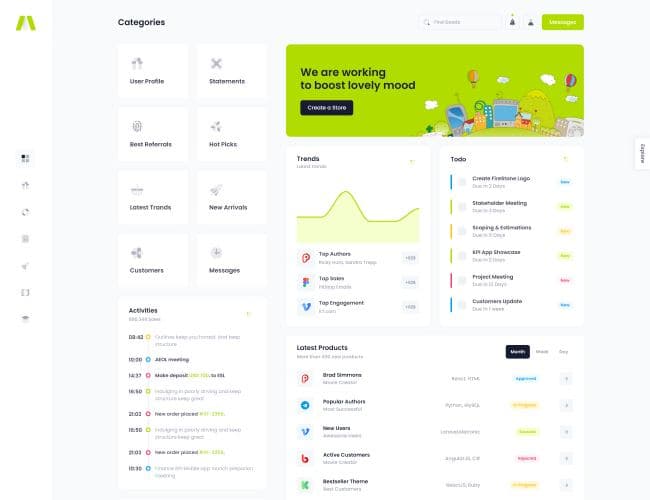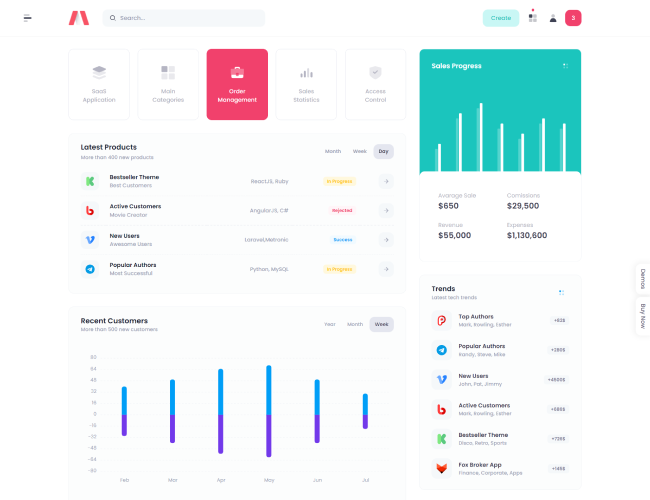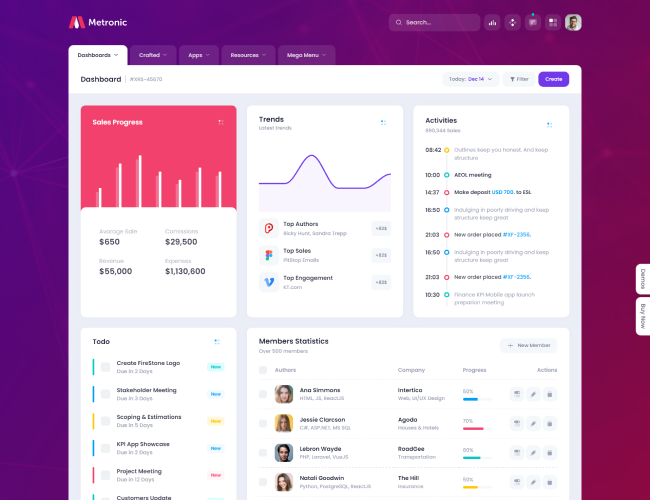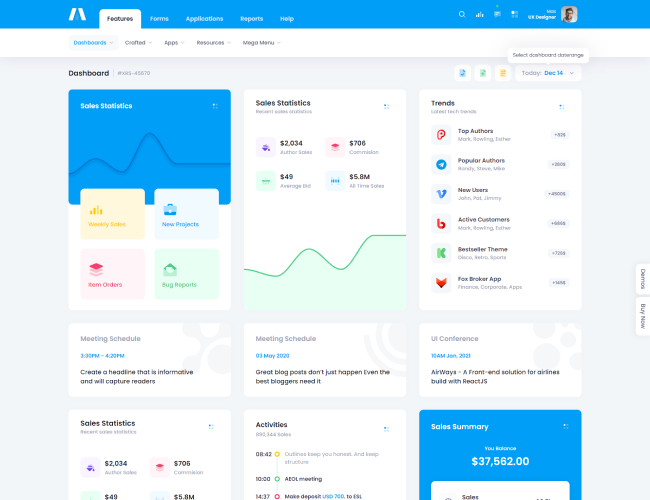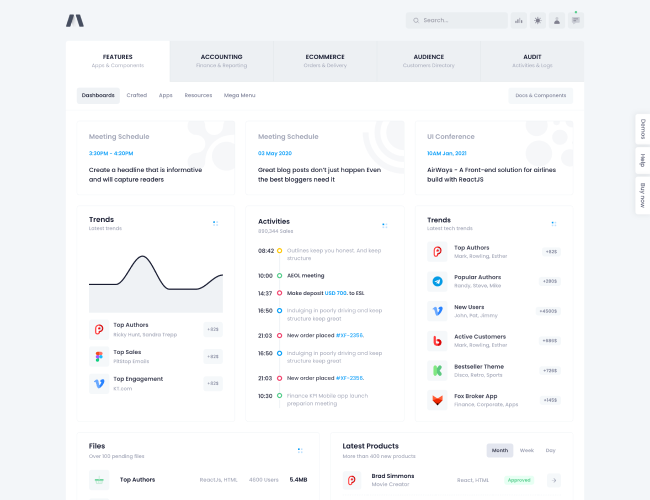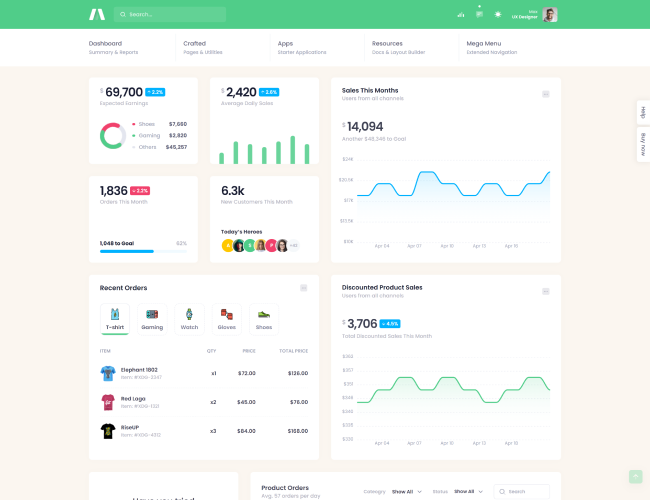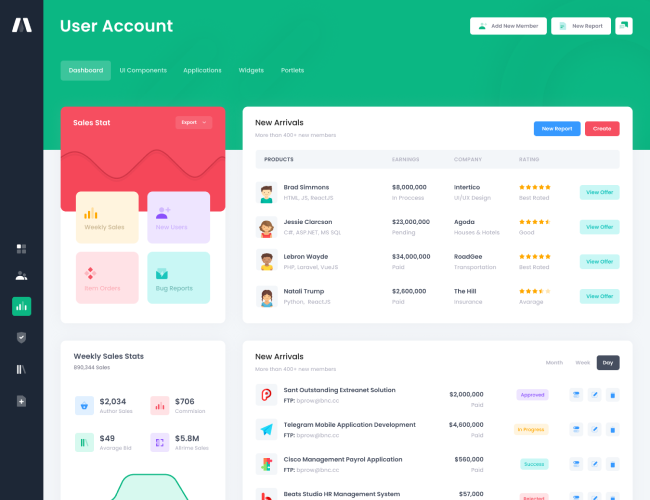
BBA
Develop essential business skills and leadership qualities. Prepare for diverse career opportunities in management, marketing, finance, and entrepreneurship.
Compare & Select from 100+
Best Universities for your BBA
100% Placement Assistance
The BBA, or Bachelor of Business Administration, is an undergraduate degree program that focuses on various aspects of business management and administration. It covers subjects such as accounting, marketing, finance, human resources, operations management, and organizational behavior. The BBA curriculum emphasizes practical skills, strategic thinking, and leadership development, preparing students for entry-level management positions in corporate settings or entrepreneurship.
Course Highlights:
- Comprehensive Curriculum: Covers key areas of business management, including finance, marketing, and operations.
- Practical Learning: Incorporates case studies, projects, internships, and simulations to provide hands-on experience.
- Leadership Development: Fosters leadership qualities, decision-making skills, and strategic thinking.
- Industry-Relevant Skills: Equips students with skills in financial analysis, market research, team management, and business communication.
Why Pursue a BBA Course:
A BBA course is suitable for individuals aspiring to pursue careers in business management, entrepreneurship, or related fields. It is beneficial for:
- Students interested in business administration, finance, marketing, or human resources.
- Aspiring entrepreneurs looking to start or manage their own businesses.
- Individuals seeking entry-level management positions in corporate sectors.
Who Should Pursue a BBA Course:
- High school graduates with an interest in business and management.
- Individuals with strong leadership potential and problem-solving abilities.
- Aspiring entrepreneurs or professionals aiming for managerial roles in corporate settings.
When to Pursue a BBA Course:
- After completing high school education.
- Mid-career for professionals seeking career advancement or a change in career path.
- When seeking a structured program that combines theoretical knowledge with practical skills.
Advantages of Doing a BBA Course:
- Career Opportunities: Opens doors to entry-level management positions in various industries.
- Practical Skills: Develops practical skills in business management, finance, marketing, and entrepreneurship.
- Networking: Provides opportunities to network with industry professionals and experts.
- Leadership Development: Fosters leadership qualities and decision-making skills crucial for managerial roles.
Other Types of BBA Courses:
- Online BBA: Offers flexibility for remote learning and self-paced study.
- Distance BBA: Allows students to study remotely with occasional in-person requirements.










